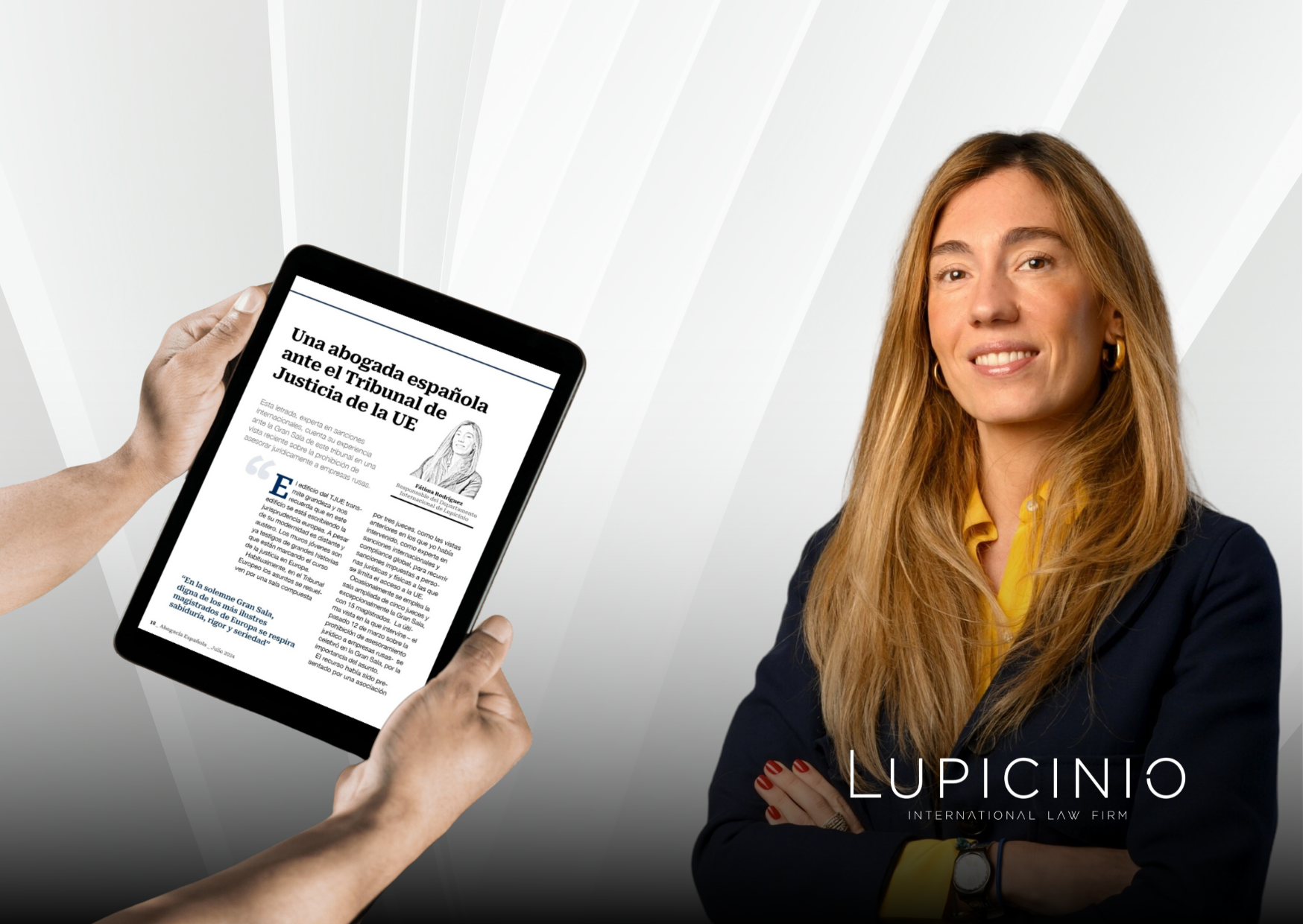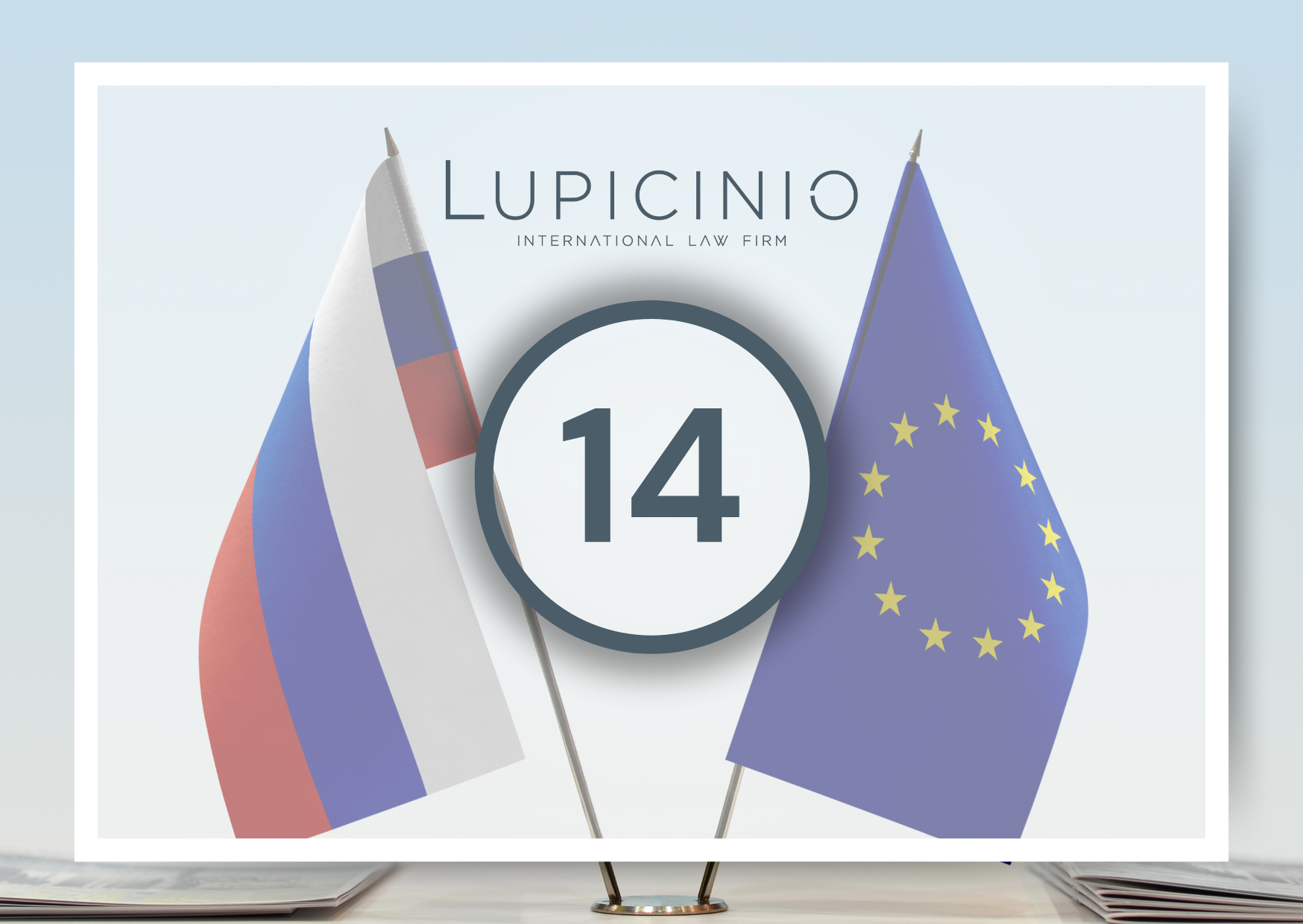I remember it well. It was during the “Open de Arbitraje 2018“, successfully organised every year by Javier Íscar from the “European Arbitration Association”. Bernardo Cremades had kindly offered to interview Mick Smith, Partner of “Calunius Capital”. Smith was asked what had changed so that two years earlier the aforementioned third-party funder had not been likely to take on a quite costly case, but one with great potential. He simply replied that “the arbitration market in Spain had become of greater interest to the aforementioned company”.
Since then, I have been following this issue, which is growing in importance globally, being frequently analysed in the various International Online Seminars that take place in different countries. The doctrine also studies it with interest, limiting myself to recalling here an old work published in issue 40/2021 of the “Revista de Arbitraje del CEA”, signed by four prominent practitioners of “Cuatrecasas“, under the suggestive title, “Two’s a crowd, three’s a party: The coming of Age of Third Party Funding in International Arbitration”, and another very recent one published in issue 12/2022 of the digital magazine “La Ley. Mediación y Arbitraje”, directed by Professor Fernández Rozas, entitled “Duty to disclose. Third Party Funding in International arbitration: Scope, Purposes and Limits”, by Alberto Favro from Milan.
I would also like to recall a very meritorious contribution by CIAM, – fortunately still directed by José Antonio Caínzos -, with the holding of three enlightening Webinars, during the last months of March, June and September, under the generic title of “Funders“, which can always be consulted on its website, with outstanding specialists from “Deminor”, “Procurator Litigation Advisors” and “Ramco Litigation Funding”. Previous events have included representatives from other specialist companies such as “Rockmond”, “Burford”, “Dechet”, “Sullivan”, “Legisfund”, “Amitra”, “Capital” and “Iberis”.
Been aware of the current importance of this figure – recent in Spain, but a veteran in other countries, such as Australia, where it is said to have started, the United States, the United Kingdom, Germany and the Netherlands, to name but a few – I am closely following the debate which arose on the occasion of the adoption, on 13 September, of a European Parliament Resolution, P9_TA82022)0308, of which the German Member of the European Parliament, Alex Voss, is the main driving force.
I will quote some headlines reflecting the ongoing controversy, “The European Parliament has asked the European Commission to regulate Third Party Funding to prevent abuses in funded controversies”, (CIARGLOBAL), “Pros and cons of third-party funding” (SCC), “The proposals have met with a mixed response” (PINSET MASONS), and other varied and in-depth judgements exchanged by subscribers to the OGEMID ‘Newsletter’ under the heading, “EU to impose regulation and fee caps on litigation funding”.
It is therefore necessary to study in depth the future EU legislation that would affect the existing successful reality, which has led, for example, Burford to invest $500 million in ‘arbitration finance’, also known as ‘legal finance’, and Ireland to announce last September the modification of its hitherto contrary legislation.
The aforementioned resolution, which is very extensive and well-reasoned – for which its promoter deserves credit – nevertheless conveys to the reader an a priori critical attitude towards this figure. It may seem that its promoter knows, or has even suffered in his country, more about the failures than the merits of a route that has certainly generated an enrichment of arbitration to the benefit of claimants in their desire to obtain a fair solution.
I will quote, as a first example, recital K: “In the current regulatory vacuum there is a risk that litigation funders operate in a non transparent manner , with the result that courts could, on occasion, make awards to claimants without realising that a share of the award, which might sometimes be disproportionate, will subsequently be redirected to litigation funders at the expense of claimants”.
A similar attitude is reflected in regulatory proposal 6: “Recommends the establishment of a system of authorisation for litigation funders, thereby ensuring that effective opportunities are provided to claimants to make use of TPLF and that adequate safeguards are put in place, including through the introduction of corporate governance requirements and supervisory powers to protect claimants and to ensure that funding is only provided by entities that are committed to complying with minimum standards in terms of transparency, independence, governance and capital adequacy”.
Within what it calls ‘Ethical issues’, I will mention 9: “Litigation funder should not be permitted to abandon funded parties in litigation at any stage in the litigation process”, and 10: “Litigation funders should be responsible for defendants’ costs arising from unsuccessful litigation, such as due to an adverse cost award”.
The Resolution contains as an Annex a Proposal for a Directive of the European Parliament and of the Council, the reading of which confirms the negative predisposition of its author towards this funding formula, generally seen as a way for claimants to have access, without investing and risking significant financial resources, to this ‘alternative dispute resolution method’ agreed by the parties.
I will select a few examples from the 34 Recitals: (2) “Union Law seeks to ensure a balance between granting access to justice and providing appropriate safeguards to those engaged in proceedings, to prevent their right to access to justice from being unjustly exploited”; (9) “A system for the authorisation and supervision of litigation funders by independent administrative bodies in the Member States is necessary”; (14) “Claimants and intended beneficiaries should be indemnified in respect of any harm caused by a litigation funder not having the necessary authorisation”, and (27), even more interventionist, which, after inviting the Courts and administrative authorities to supervise the value and proportion that would correspond to the funders, in order to avoid “disproportionate allocation of monetary awards”, ends by stating that, if it were not equal to or less than 60%, “it should be presumed unfair and deemed invalid”.
I will not dwell on the content of the 23 Articles. Just to give us an idea of the very detailed regulations that are to be introduced, I will reproduce the titles of the main Chapters, which undoubtedly reflect the interventionist and regulatory nature of the European Union, and leave the principle of the free will of the parties, certainly at the origin of the creation of both ‘international commercial arbitration’ and the figure of ‘the funders’, very much in the background: II, “Approval of litigation funders’ activities within the Union”; III, “Powers of supervisory authorities and coordination between them”; IV, “Third Party funding agreements and activities of litigation funders”; and V, “Review by courts or administrative authorities”.
I therefore conclude with the anticipation that a long and passionate debate can be expected between the various interested parties. As the prestigious international arbitrator mentioned at the beginning, Bernardo Cremades, , has written to me, “third-party funding is fulfilling its main mission, which is to allow access to international arbitral justice. Of course, possible abuses must be prevented, especially by demanding clear transparency in funding. But this should not mean that the door is left open to bureaucratic and restrictive intervention, as we are accustomed to under European regulations, in arbitration matters, which should above all be a matter of free will. Sometimes the possible European regulation reminds me of the gypsy saying ‘virgencita de mi vida, que me quede como estoy’.”(little virgin of my life, may I stay as I am).
******
More information:
Lupicinio International Law Firm
C/ Villanueva 29
28001 Madrid
P: +34 91 436 00 90
info@lupicinio.com







